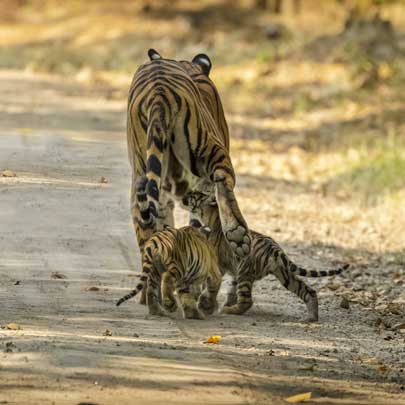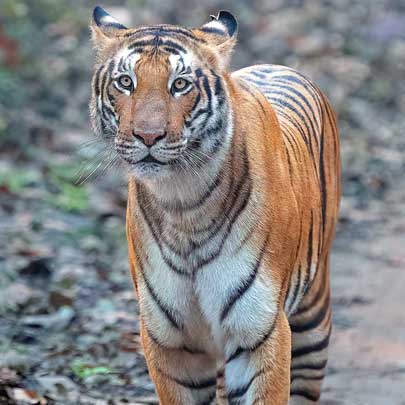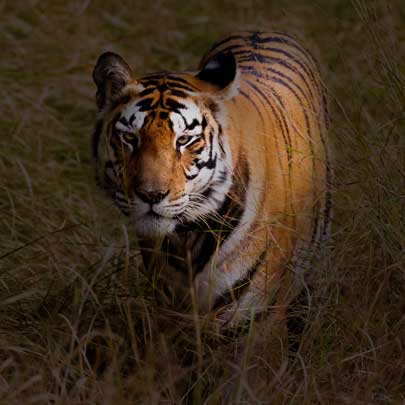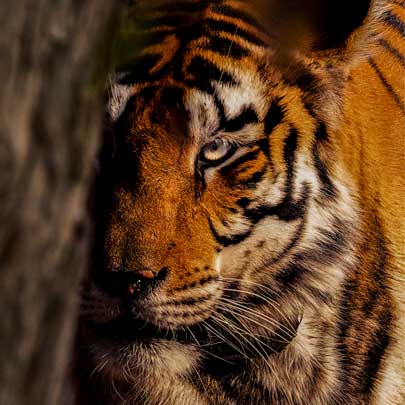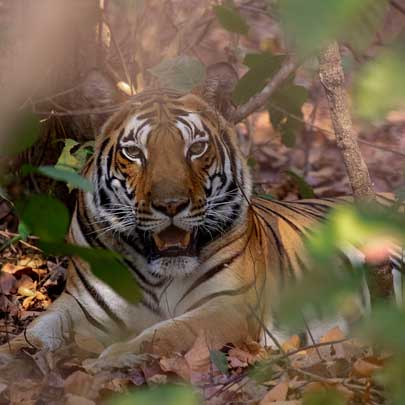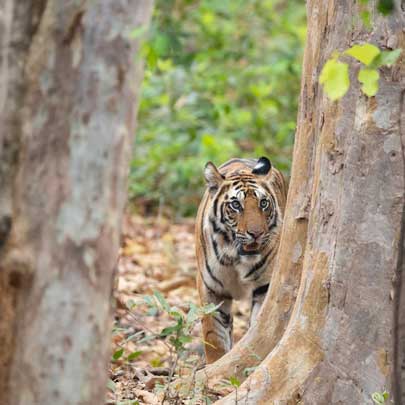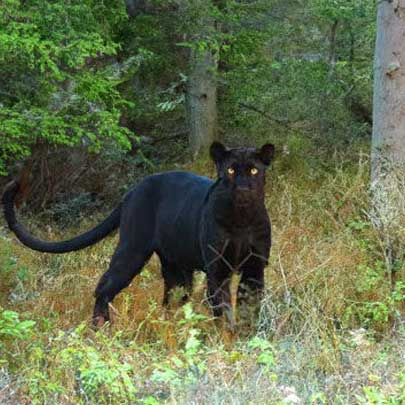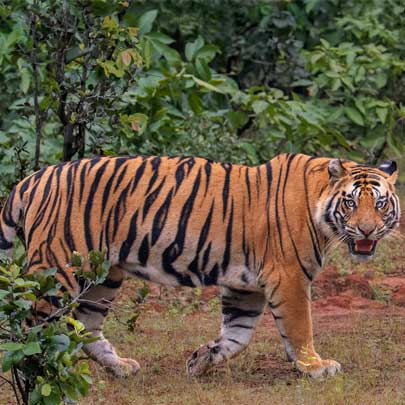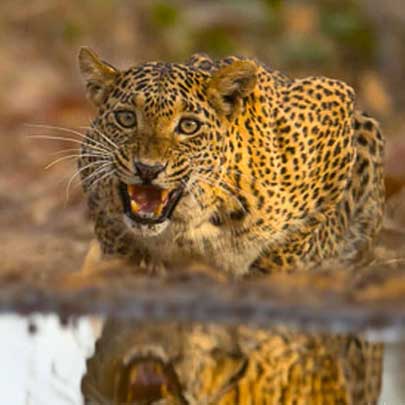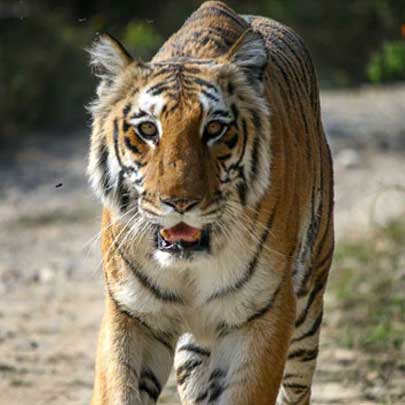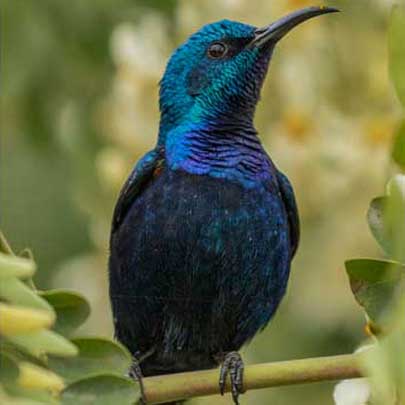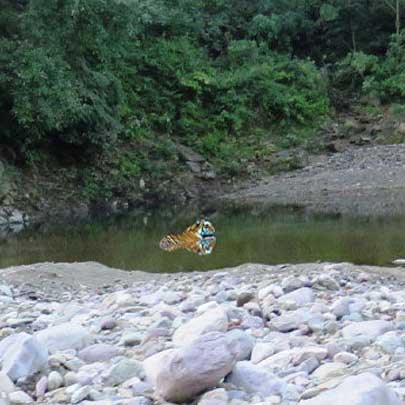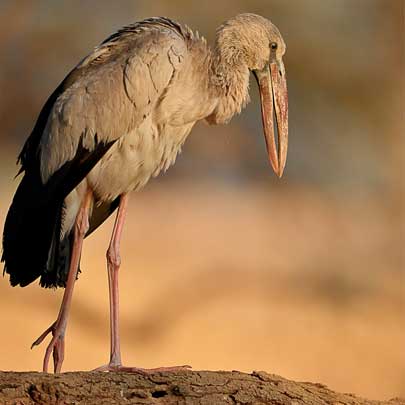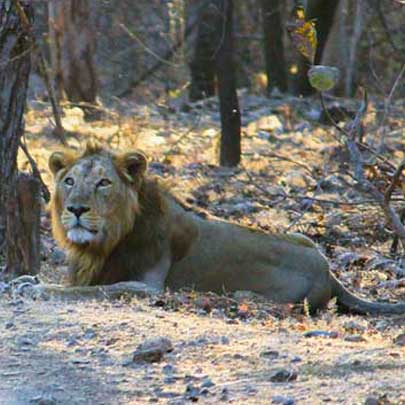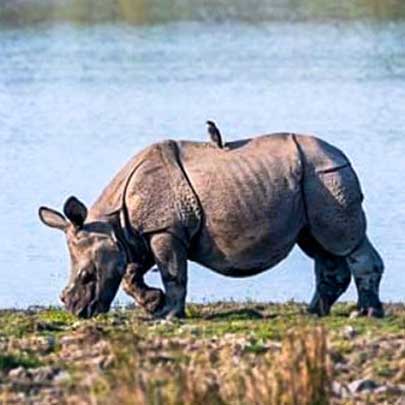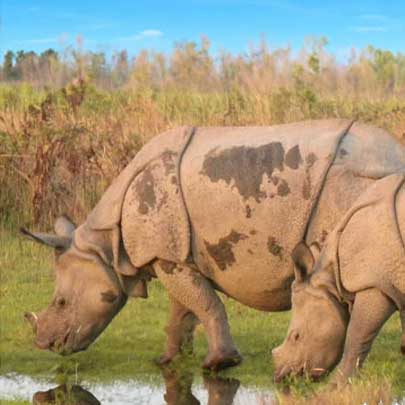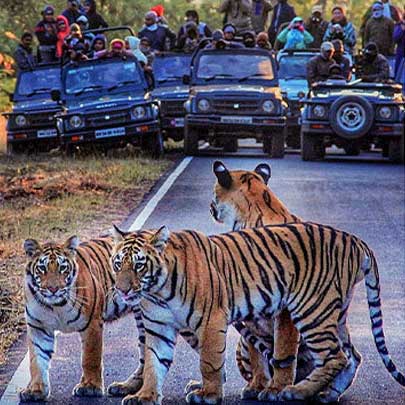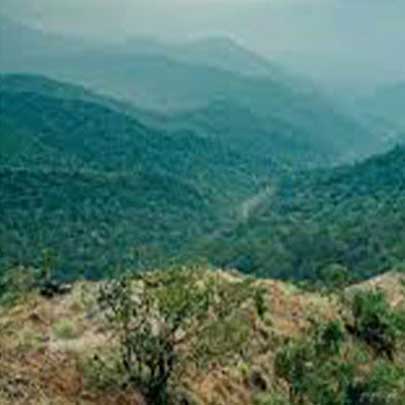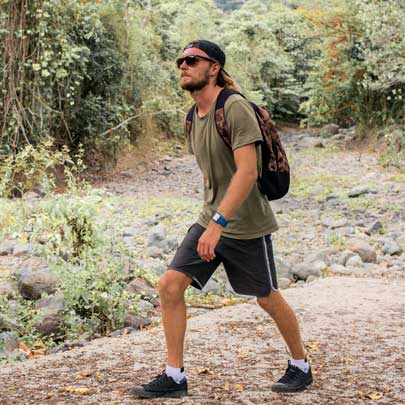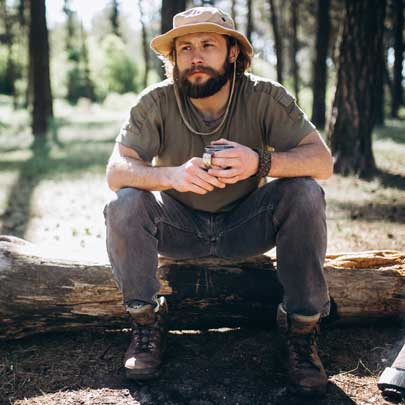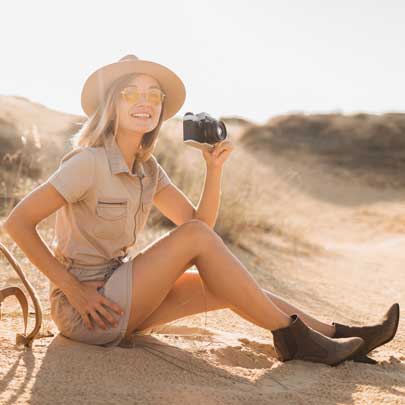Wildlife Conservation: Protecting Nature’s Balance
Wildlife Conservation: Protecting
Nature’s Balance
🌿 Introduction
Our planet is home to an incredible variety of life — from the tiniest insects to the mighty elephants, from coral reefs beneath the ocean to birds soaring above the skies. Together, all these species form a delicate web of life that maintains the planet’s natural balance. However, in recent decades, this balance has been under severe threat.
Rapid industrialization, deforestation, poaching, pollution, and climate change have led to an alarming decline in wildlife populations. The natural ecosystems that sustain life are crumbling — and with them, our planet’s health is at risk.
That’s where wildlife conservation becomes not just important, but absolutely essential. It’s not merely about saving animals; it’s about protecting the natural balance that sustains all living beings — including humans.
At the forefront of spreading awareness and promoting sustainable interaction with wildlife is Wildlense Wild Retreat, a haven for eco-travelers and nature lovers dedicated to conservation-based tourism.

🐘 What Is Wildlife Conservation?
Wildlife conservation is the practice of protecting wild species and their habitats to ensure that nature remains balanced and biodiverse. It includes efforts such as preserving forests, preventing poaching, rehabilitating endangered species, and reducing human impact on ecosystems.
In simple terms, it’s about maintaining the balance of life — ensuring that every species, from a small honeybee to a giant tiger, continues to play its role in nature’s grand design.
Wildlife conservation is critical because once a species becomes extinct, the entire ecological chain it supported begins to break down. This imbalance leads to environmental issues like:
-
Loss of biodiversity
-
Soil erosion and desertification
-
Disturbed food chains
-
Increased greenhouse gases
-
Climate instability
Hence, protecting wildlife means protecting life itself.
🌳 Why Is Wildlife Conservation Important?
Every organism on Earth has a purpose. When one disappears, it affects countless others. Here’s why wildlife conservation should matter to all of us:

🌱 1. Maintains Ecological Balance
Wildlife helps keep ecosystems in harmony. Predators control prey populations, herbivores prevent overgrowth, and decomposers recycle nutrients. The absence of even one species can cause a ripple effect across the entire system.
🐅 2. Supports Biodiversity
Biodiversity ensures resilience. The greater the variety of species, the better nature can adapt to changes like droughts or diseases.
💧 3. Protects Natural Resources
Healthy forests and oceans regulate the climate, purify air and water, and prevent soil erosion — services that humans rely on daily.
🌍 4. Prevents Climate Change
Forests and wildlife habitats act as carbon sinks. Conserving them helps reduce greenhouse gases and combat global warming.
🌺 5. Sustains Local Communities
Many communities depend on forests and wildlife tourism for income. Sustainable conservation supports livelihoods while protecting nature.
💚 6. Preserves Beauty and Heritage
Wildlife is part of our planet’s identity. Protecting it preserves the wonder, culture, and stories that connect humanity to nature.
🦜 Threats to Wildlife and Nature’s Balance
Before we talk about solutions, it’s crucial to understand what’s causing the imbalance in the first place.
🌾 1. Habitat Destruction
Deforestation for urban development, mining, and agriculture wipes out the homes of countless species.
🦏 2. Poaching and Illegal Trade
Hunting animals for skin, ivory, or meat continues to threaten species like elephants, rhinos, and tigers.
🌡️ 3. Climate Change
Global warming alters habitats, affects breeding patterns, and endangers species dependent on specific temperatures.
💧 4. Pollution
Plastic, pesticides, and industrial waste contaminate soil, water, and air, endangering wildlife health and survival.
🐍 5. Human-Wildlife Conflict
Encroachment into forest areas leads to clashes between humans and animals, resulting in loss on both sides.
🦋 6. Loss of Biodiversity
When one species declines, others that depend on it also suffer — leading to a domino effect of ecological imbalance.

To address these challenges, responsible conservation initiatives and sustainable tourism efforts like Wildlense Wild Retreat are playing a transformative role.
🌿 Wildlense Wild Retreat: A Model of Responsible Wildlife Conservation
Wildlense Wild Retreat is more than just an eco-resort — it’s a movement toward responsible tourism and nature conservation. Located near pristine forests and rich wildlife zones, it offers travelers a chance to experience the wilderness ethically while actively contributing to its protection.

🌱 How Wildlense Wild Retreat Promotes Conservation
-
Eco-Friendly Accommodation:
Built with minimal environmental impact, Wildlense Wild Retreat uses sustainable materials and renewable energy sources like solar power. -
Ethical Safaris and Nature Walks:
Guided by trained naturalists, every safari follows strict eco-guidelines to avoid disturbing animals and their habitats. -
Conservation Awareness:
The retreat conducts workshops and nature education programs to help visitors understand the importance of wildlife protection. -
Community Empowerment:
Local communities are involved in hospitality, guiding, and craftwork — ensuring that conservation benefits people as well as nature. -
No-Plastic Policy:
The resort encourages guests to avoid single-use plastics and promotes biodegradable alternatives. -
Reforestation Drives:
Guests can participate in plantation drives, making every visit a step toward restoring the green cover.
Through its thoughtful practices, Wildlense Wild Retreat demonstrates that tourism can be both enjoyable and sustainable — proving that travel and conservation can coexist beautifully.
🌏 How Travelers Can Help Protect Nature’s Balance
Every traveler has the power to make a difference. Responsible tourism is about enjoying nature without harming it. Here’s how you can contribute:
🦚 1. Choose Eco-Friendly Destinations
Pick eco-lodges or wildlife retreats like Wildlense Wild Retreat that follow sustainable practices and support conservation.
🌻 2. Respect Wildlife
Always maintain a safe distance. Never feed or chase animals — observe quietly and respectfully.
🌾 3. Avoid Plastic and Waste
Carry reusable bottles, bags, and eco-products. Leave no litter behind.
🌳 4. Support Local Communities
Buy local handicrafts, hire local guides, and eat at local eateries to promote community development.
🦋 5. Educate Yourself and Others
Learn about the species and ecosystems you visit. Share that knowledge to inspire others to travel responsibly.
💧 6. Participate in Conservation Efforts
Join clean-up drives, tree-planting programs, or donate to trusted conservation organizations.
🌱 7. Reduce Your Carbon Footprint
Use public transport, offset flight emissions, and opt for nature-friendly travel options whenever possible.
🐅 The Role of Organizations Like Wildlense in Conservation
Wildlife conservation isn’t the job of governments alone — it’s a shared responsibility. Organizations like Wildlense Wild Retreat are bridging the gap between tourism and environmental stewardship by turning awareness into action.

Their approach highlights how travel can fund conservation, educate travelers, and create sustainable livelihoods — all while protecting the planet’s biodiversity.
Each stay at Wildlense contributes directly to environmental protection, making it a place where every visitor becomes a conservationist.
🌸 Steps to Restore Nature’s Balance
To achieve true harmony with nature, we must take collective action. Here are some crucial steps toward a balanced, thriving planet:
🌳 1. Protect and Restore Habitats
Reforesting degraded lands and preserving existing habitats ensures species have safe spaces to thrive.
🌾 2. Implement Strict Anti-Poaching Laws
Governments must enforce stronger penalties against illegal hunting and wildlife trafficking.

💧 3. Promote Sustainable Agriculture
Eco-farming techniques reduce deforestation and pollution while protecting soil fertility.
🐝 4. Encourage Biodiversity-Friendly Policies
Policies should promote wildlife corridors, water conservation, and ecosystem restoration.
🌺 5. Spread Awareness
Education is the key to change. When more people understand the importance of wildlife, they make more conscious choices.
🌍 6. Support Responsible Tourism
Eco-lodges and retreats like Wildlense Wild Retreat prove that responsible travel can support conservation and community welfare.
🦋 The Future of Wildlife Conservation
The future of our planet depends on the actions we take today. With the right balance of conservation, awareness, and sustainable living, we can restore what has been lost and protect what remains.
Modern conservation is evolving — from protecting animals in isolation to creating holistic ecosystems where humans and nature coexist. Technology, research, and eco-tourism are key tools driving this progress.
Destinations like Wildlense Wild Retreat play a pivotal role by making conservation accessible and experiential. When people witness the beauty of the wild firsthand, they develop an emotional connection that inspires lifelong care for the planet.

🌿 Conclusion
Wildlife conservation is not just a cause — it’s a necessity. It safeguards the intricate balance that sustains life on Earth. Every tree, animal, and river plays a part in maintaining this balance. When one element suffers, the entire system feels the impact.
Through collective action, awareness, and responsible choices, we can restore the harmony that nature deserves. Choosing eco-conscious travel, supporting conservation efforts, and spreading awareness can make a significant difference.
Organizations like Wildlense Wild Retreat exemplify how travel can become a tool for transformation — where every visitor contributes to protecting nature’s balance.
Let’s remember: protecting wildlife means protecting ourselves. The time to act is now — because once the wild is gone, it’s gone forever. Together, we can ensure that the planet remains vibrant, wild, and alive for generations to come.

























